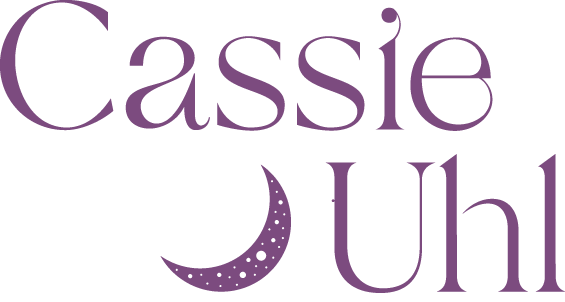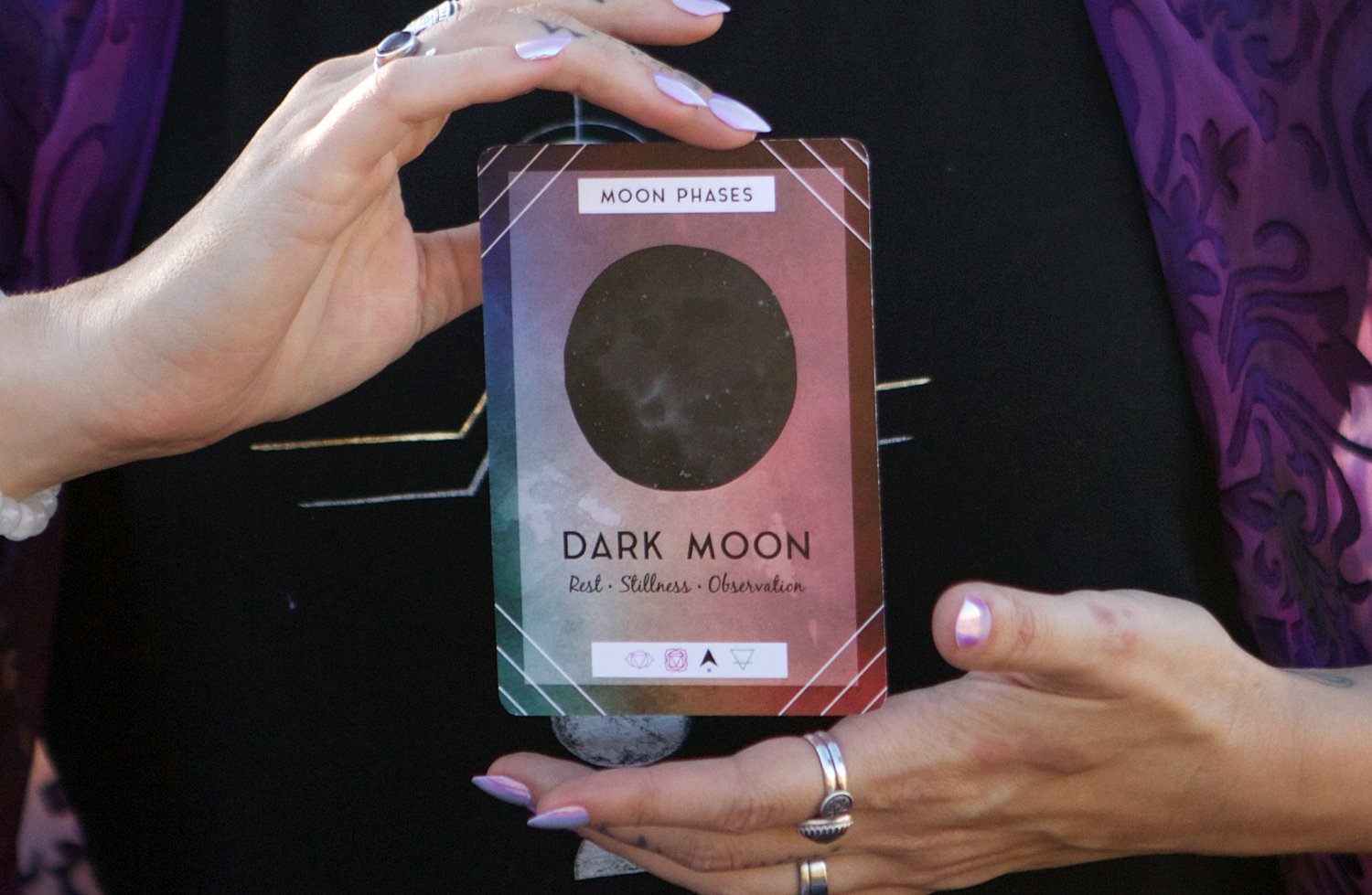How to journal with the moon phases + 10 journal prompts
Your mood, physical body, and spirit body all go through phases, and journaling with the moon is an ideal way to track all of these. You may find that you’re more synced with the moon than you thought!
Why You Should Try Moon Journaling
Wouldn’t it be nice to know which moon phases make you feel the most intuitive, expressive, or reserved? The way you relate to each moon phase is reflective of you alone and experiences will vary from person to person. You may find that your diet, intuition, and menstruation are affected by the phases of the moon. Keeping a moon journal will enable you to track any patterns to better understand all of your cycles.
How Often Should You Write in Your Moon Journal?
Take notes in your moon journal as often as you like! Journaling once a week will ensure that you hit each of the main phases of the moon: new moon, waxing moon, full moon, and waning moon. Moon journaling twice a month, on the full and new moon, can also be enlightening.
Starting out, I suggest making a quick note in your moon journal for 30-60 consecutive days. Making a quick note daily, in the beginning, will help you catch any obvious patterns right away.
What You’ll Need to Start Your Moon Journal
You’ll need a moon phase calendar, digital, or a hard copy.
You’ll also need a writing utensil and a journal or notepad. That’s it!
10 Topics for Moon Journaling
Here’s a list of suggested moon journaling topics. Read through the whole list. What topics call out to you the most? You can journal on all or some of these topics, it’s completely up to you.
Start your moon journaling by recording the date, the moon phase, and the zodiac sign for the phase (optional).
Record how you feel emotionally. Check-in, do you feel content, happy, sad, jealous, excited, energized, grateful, anxious, or angry? Record your mood for the day or overall week. This can be as simple as writing one word.
Record how you feel spiritually. How connected and intuitive do you feel? If you meditate regularly, was it easy for you to “drop-in” or did you find your meditation to be a struggle (this is always a good indicator of my spiritual well-being).
Record how you feel physically. How are you sleeping, your energy levels, and your diet? Are there any particular foods you're craving? If you exercise regularly, was your activity easy or more forced?
Record when you start and end your menstrual cycle. You may also decide to notate what each menstrual cycle feels like to help unearth patterns. If you’re particularly in-tune with your cycle or trying to conceive (or not conceive!) you might also find it helpful to track your ovulation with the moon.
Note any goals, intentions, and manifestations you’ve initiated and when they manifest. New intentions are best to set on a new or waxing moon.
Note any habits, people, outcomes, or things you’re trying to let go of and when you feel you’ve shed them. Releasing and letting go is best to initiate during a full or waning moon.
Notate the zodiac sign the moon is in. If you want to take your moon journaling to the next level you can notate what zodiac sign the moon is in. The moon is always positioned in a zodiac sign and cycles through them every 2-3 days. The sign the moon is in will also have an effect on you too. Try looking for even broader patterns by notating what sign the moon is in when you journal. I like this online resource for tracking the zodiac sign for each moon phase.
Track your triumphs! Did something happen that was totally out of the blue and made your day? Maybe you received an unexpected promotion, landed your dream job, or ran into an old friend, write it down!
Track your worst days. Did you have one of those days where nothing seems to go as expected and you just can’t shake it? These days aren’t as fun, but being able to estimate when they may come up can sure be helpful.
Note your dreams. Dream journaling is an insightful activity on its own. Notating the moon phase for your dreams can shed even more light on what your subconscious is trying to tell you. You might be able to identify times when your dreams are most active so you can plan to have a notepad ready on your nightstand.
Moon journaling can be as simple or in-depth as you’d like and can be tailored to suit your needs and schedule.



